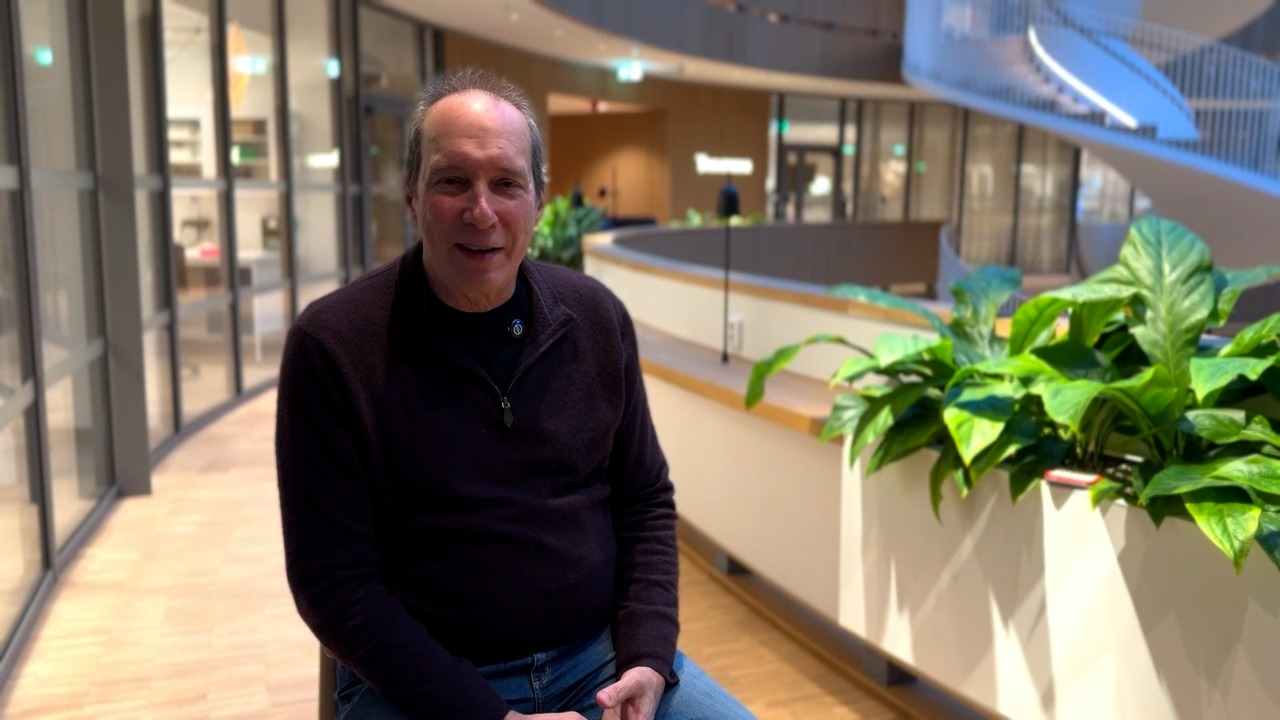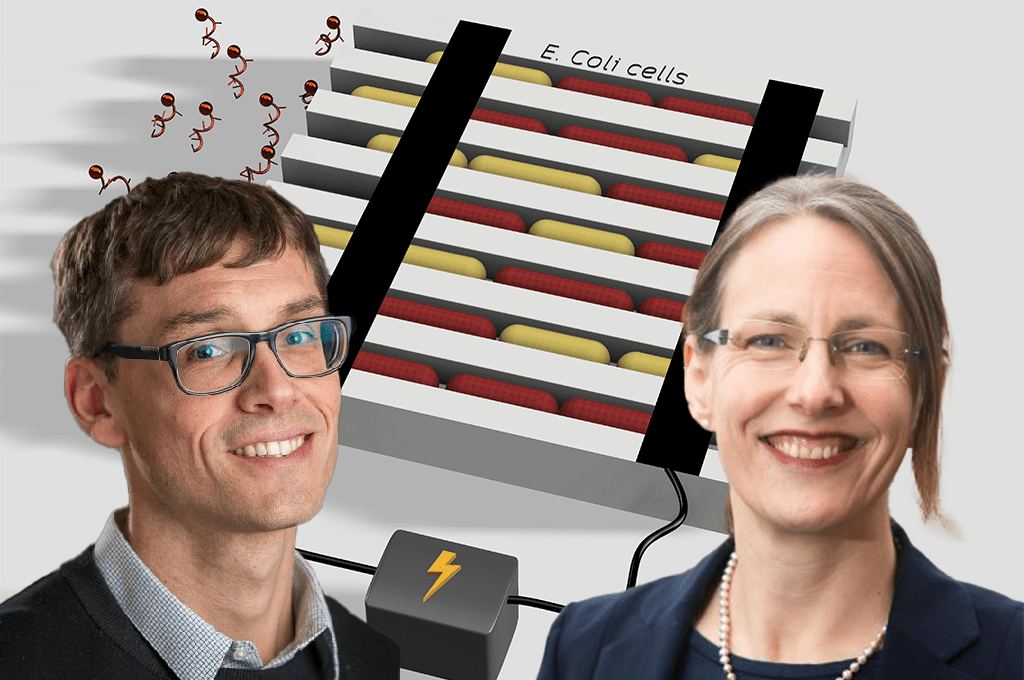SciLifeLab Launches Code of Conduct, Setting New Standards for its Research Community
In order to put light on the importance of an inclusive and respectful scientific environment, SciLifeLab has formulated a Code of Conduct that guides responsible conduct in research infrastructure services and research. The document follows the June release of the European Code of Conduct for Research Integrity from ALLEA, the European Federation of Academies of Sciences and Humanities. The aim is to ensure a respectful and healthy working environment. The code covers ethical dimensions vital to the community’s sustainable growth, promoting responsible conduct and ethical practices. The code marks an important step towards ensuring that SciLifeLab remains at the forefront of not only scientific endeavors but also ethical and professional conduct within the research and community.
“The Code of Conduct is developed collaboratively by SciLifeLab’s leadership and experts in research ethics, and reflects SciLifeLab’s dedication to upholding the highest standards of integrity, fairness, and respect. This initiative arrives when discussions surrounding research practices, workplace dynamics, and the responsibilities of scientific institutions are more pertinent than ever”, says Mojgan Seraji, Collaboration Manager at SciLifeLab and co-author of the Code of Conduct.
By addressing issues such as diversity and inclusion, mentorship, and transparent communication, SciLifeLab aims to foster a culture where researchers from diverse backgrounds can thrive and contribute meaningfully to scientific progress.
“Importantly, the document is not intended to replace any university-specific guides, but rather to serve as a complement. The nature of the SciLifeLab community differs from a typical university department. We bring together individuals from various departments and universities, many of whom are young international recruits with diverse backgrounds. Moreover, our engagement is not confined to research alone but spans infrastructure services and data science. These elements necessitate the consideration of concepts often neglected in traditional codes of conduct, such as best practices for infrastructure and issues surrounding open data and data privacy”, says Olli Kallioniemi, Director of SciLifeLab.
The Code of Conduct is designed to be a living document, continually adapting and evolving to meet the needs of SciLifeLab’s community. SciLifeLab thus welcomes comments on this first version of the Code of Conduct, and plans for revisions.
“It’s been a great honour to lead this project, focusing on a range of ethical dimensions that our community considers important. At SciLifeLab, we do not only rely on scientific excellence and skill set of people, but also on personality and the work culture of individuals. For us excellence should also be reflected in personality and the way we respect each other, as we are not only representing our own university but also the entire country on behalf of SciLifeLab as a collaborative organisation, says Mojgan Seraji.
Ideally, the document will not only raise awareness and provide guidance on ethical standards for responsible action and behaviour at SciLifeLab, but also guide in decision-making and empower community members faced with difficult situations in the workplace.
“As the next step, we will work on the national implementation of this code of conduct at all SciLifeLab sites around the country and also as an onboarding process for new recruits. We will make sure that all future vacancies, positions linked to grants from SciLifeLab abide by the SciLifeLab Code of Conduct.”, says Mojgan Seraji.
Read more about SciLifeLab Code of Conduct here: https://www.scilifelab.se/code-of-conduct/
Contact: Please contact Mojgan Seraji (mojgan.seraji@scilifelab.uu.se) with questions or comments on the SciLifeLab Code of Conduct.





